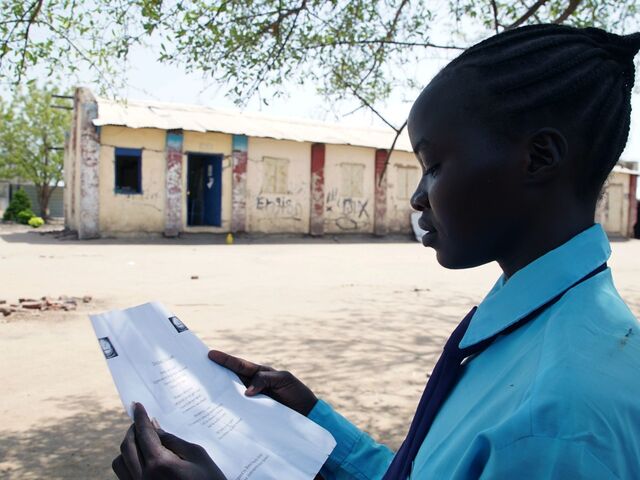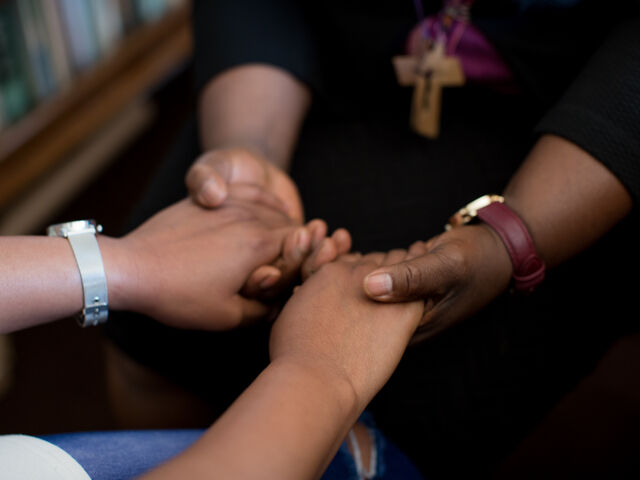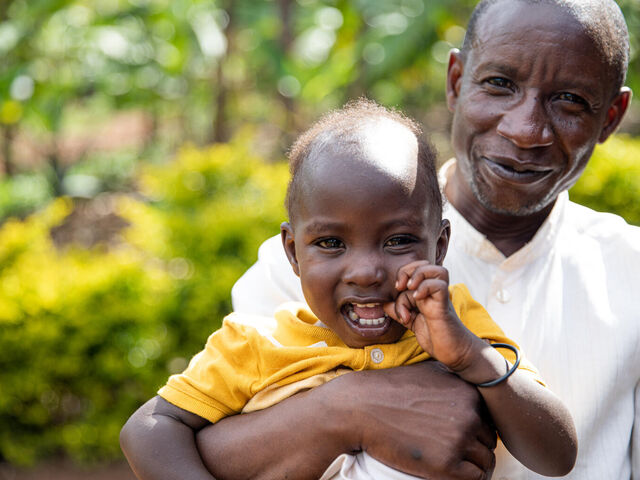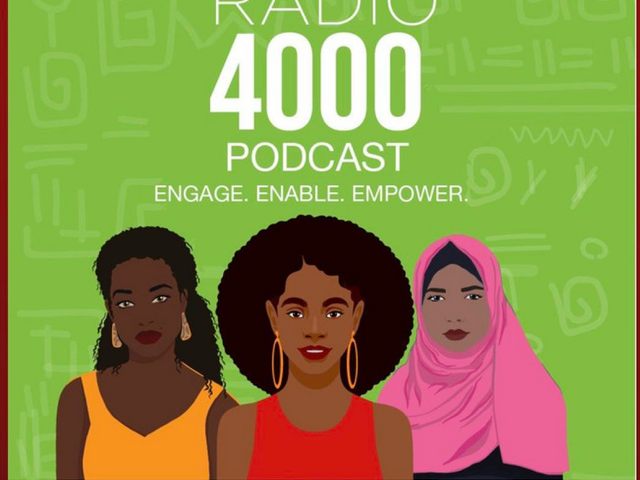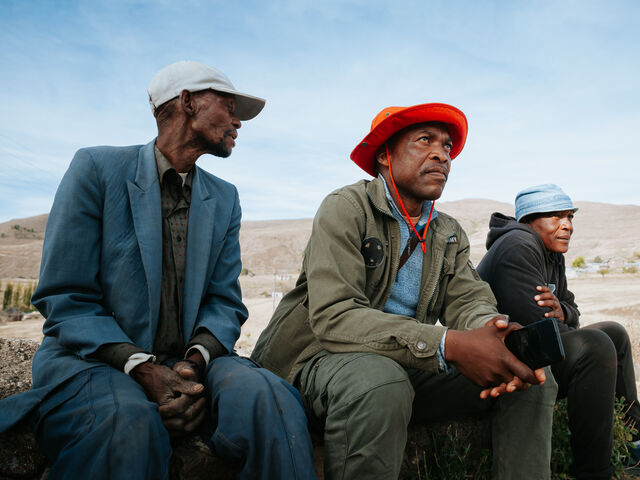Eswatini: Where do you learn to become a man, when the man of the house is away?
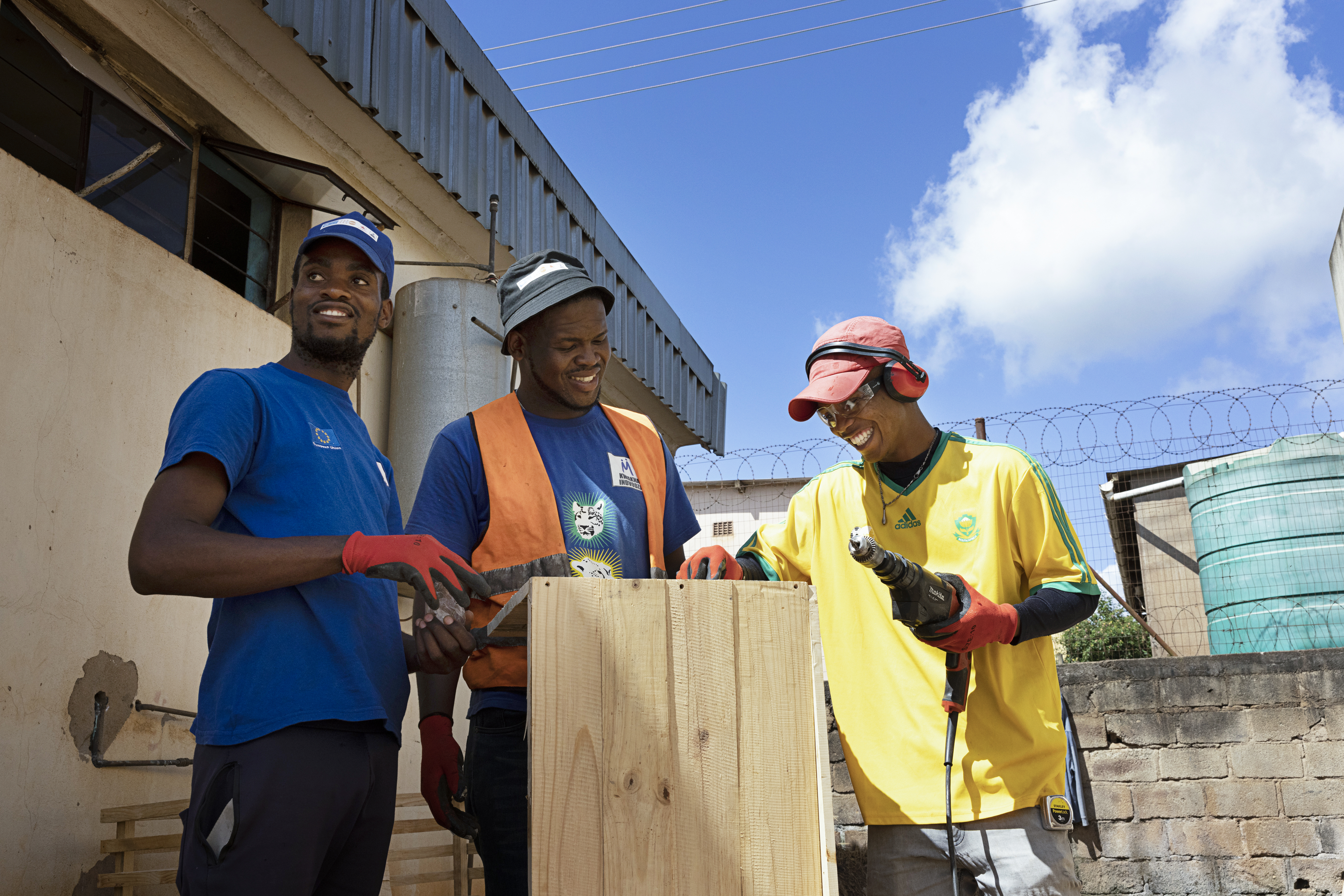
“My father is a gentleman,” Nkosikhona Fakudze declares with pride, his voice muffled by the clinks of weights in his makeshift gym. “And he's taught me how to be one too.” In the rugged backdrop of the Mantenga Nature Reserve, nestled in the royal kingdom of Eswatini, lies the tranquil township of Lobamba. Here, the Fakudze family finds their home on a humble farm.
As Nkosikhona reflects on his upbringing, he asks, “Where do you learn to become a man, when you are the son of a migrant worker?” While his father, a ranger, protects the wilderness, his absence from home leaves a void in the young man’s growth towards manhood.
Nkosikhona's admiration for his father's values, rooted deeply in Swazi traditions, is evident. However, his aspirations diverge from the wilderness his father dedicated his life in. Instead, he harbors dreams of carpentry and entrepreneurship, carving his own path in homage to his heritage while embracing his individual passion.
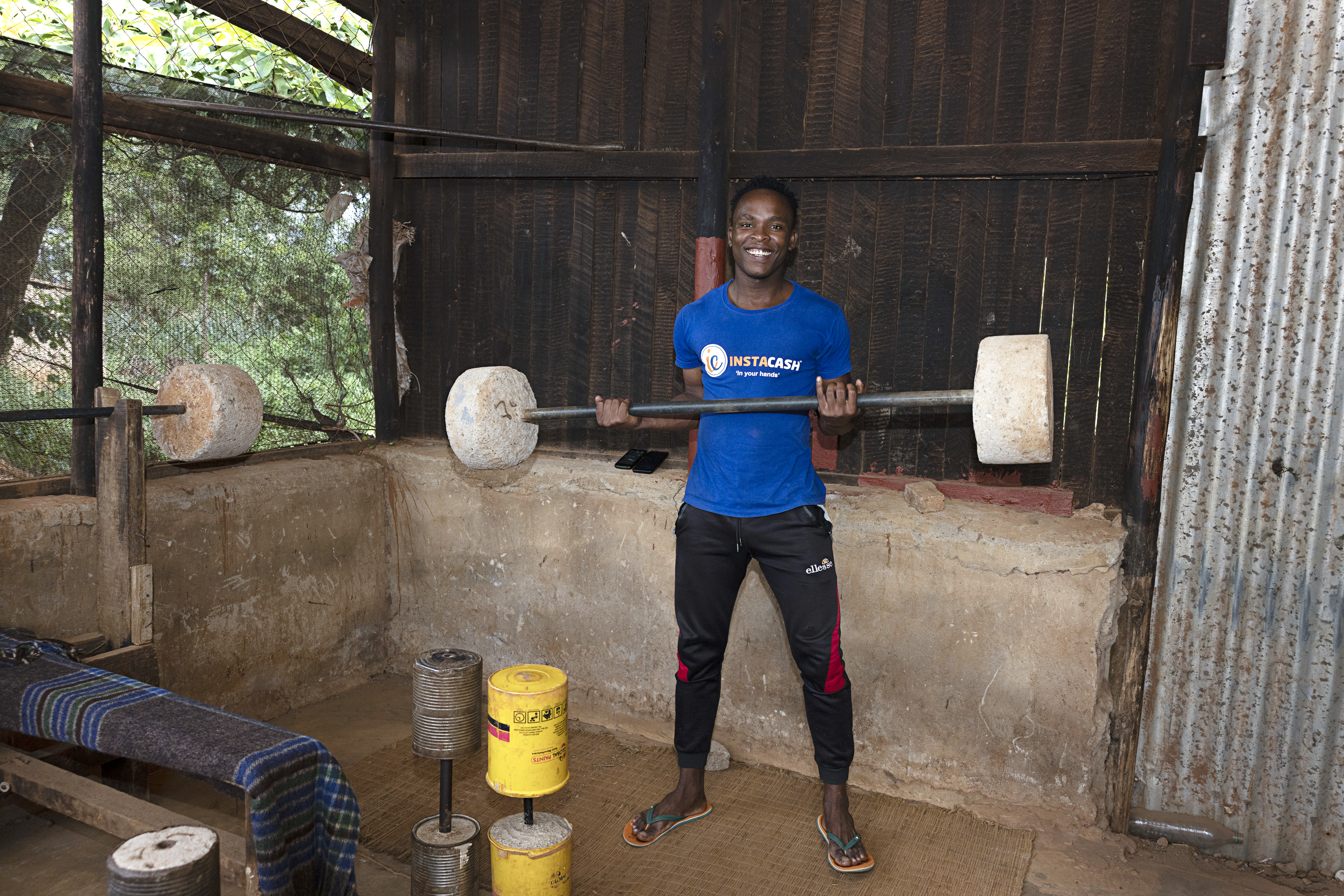
Kwakha Indvodza (Building Men) is a local community initiative supported by the United Nations Joint Programme 2gether 4 SRHR. The project plays a role in shaping the lives of young men. Here, groups of young men engage in crucial discussions about maintaining their cultural identity, understanding gender dynamics, and preparing for responsible adulthood. The local community initiative also provides one-on-one counselling, couples’ counselling and home visits to vulnerable adolescent boys and young men through their helpline, referrals from companies, and other organizations.
“At Kwakha Indvodza, we talk about everything from traditional marriage ceremonies to the dangers of unprotected sex and gender-based violence. These discussions are led by our community coordinator and are very important for us, especially since many of us don't have father figures at home,” Nkosikhona explains.
“’I have a girlfriend,” continues the 24 year-old, “I get my sex education here, at Kwakha Indvodza. I remember the things I learn when I am with my girlfriend. I share what I learned with her, things like how important it is to use condoms so that we don’t get HIV. She said to me - I love you because you want to keep me safe and make me happy.”
The programme not only serves as a forum for culture, health and education but also as a vocational training ground - beneficial in a community where youth unemployment is exceedingly high. The young man beams with pride as he discusses his journey with carpentry, a skill he honed through more practical experience at Kwakha Indvodza.
“I love carpentry. I've learned to create everything from headboards to TV stands. This is my passion, and it's what I want to do in life.”
His father supports his ambitions wholeheartedly. “He says it’s fine with him,” Nkosikhona shares with a smile. His coming-of-age story reflects a broader narrative of young men in Eswatini, striving to find their path, keep their cultural heritage, and leave an impact on their community.
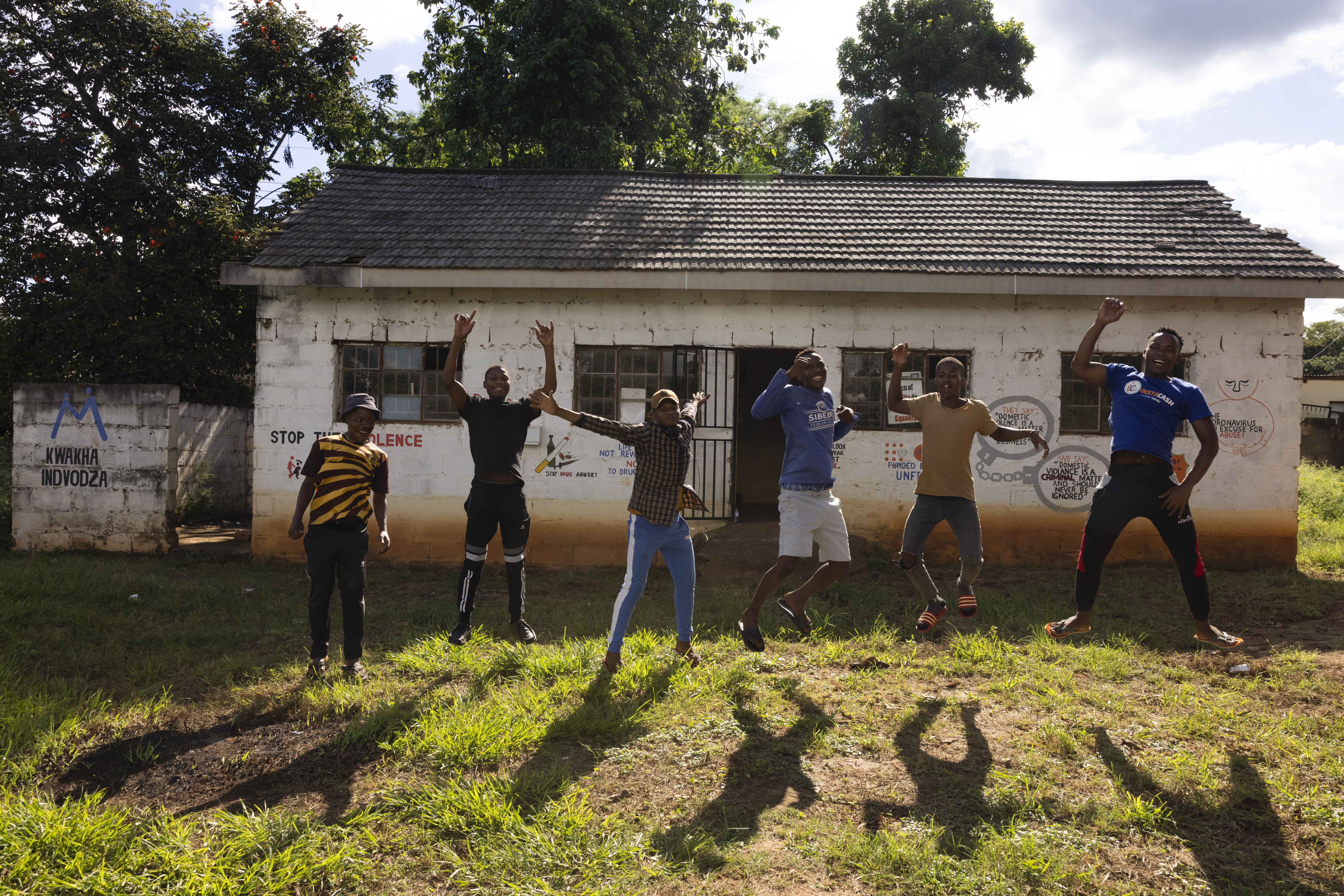
In the past five years more than 4,100 adolescent boys and young men have enrolled in the programme. All emajaha (young men) in the programme undertake a pre-test and a post-test upon completion to assess shifts in knowledge, attitudes and norms relating to: Gender-Based Violence, HIV prevention, health, sexual offences, domestic violence, crime prevention and entrepreneurship. Participation is tracked through the use of paper-based participants registers. Sample session evaluations are undertaken periodically to test the quality of the session.
A small follow-up study with 96 participants found that 96 per cent are using the knowledge and skills gained after the completion of the programme. Some reported that as a result of their participation in the programme they were earning between $50 to $130 approximately per month drawing on the carpentry and building skills gained through the workshops.
Sixty-five per cent of participants indicated that they had accessed one of the following health services: Voluntary Medical Male Circumcision, HIV Testing Services, counselling, tuberculosis, COVID-19 screening, condom usage and referrals to hospitals for sexually transmitted infections.
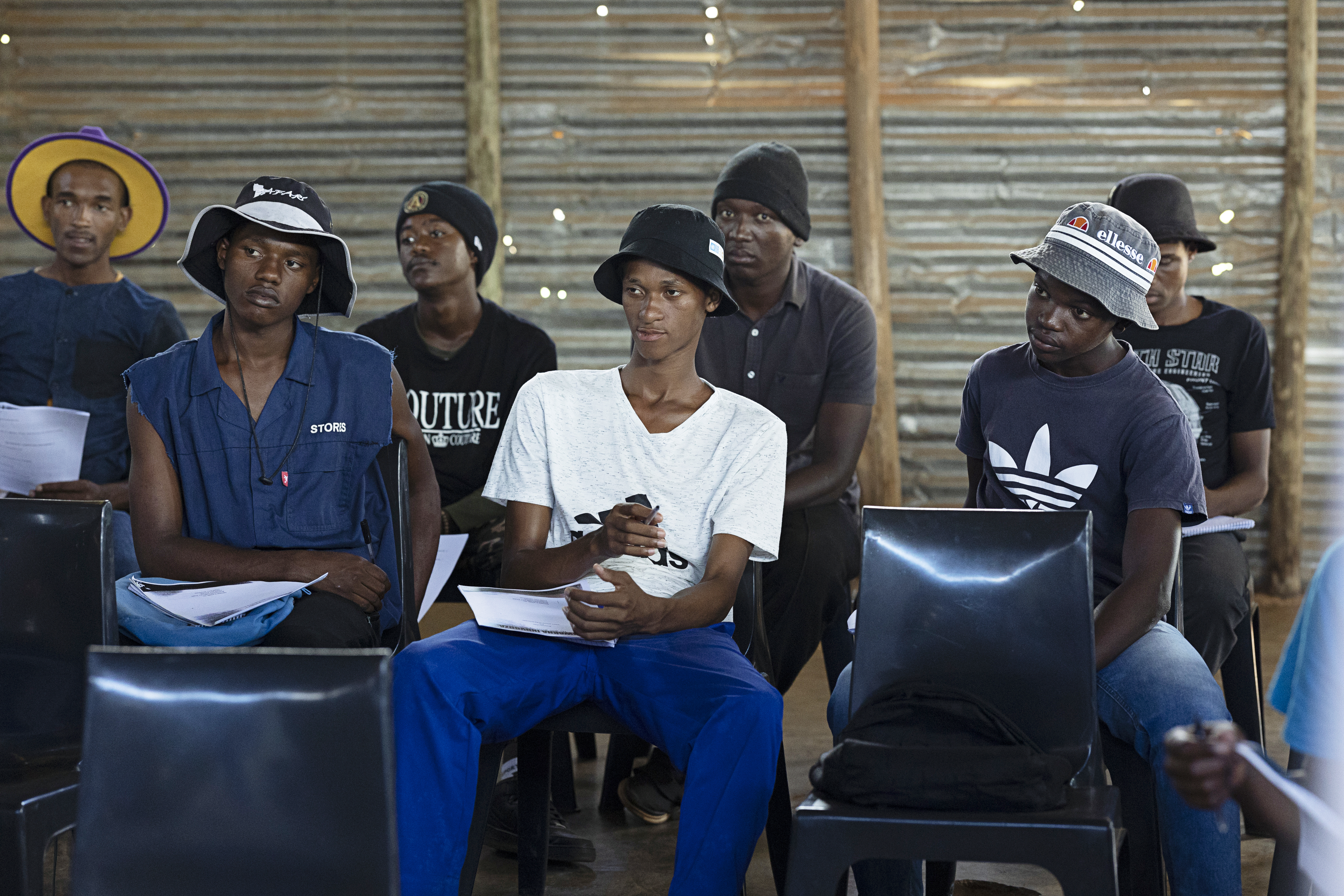
________
Read the case study of the Kwakha Invodza Programme in Eswatini, intended to showcase emerging practices that can inform the development of regional and country interventions to strengthen sexual and reproductive health and rights (SRHR) programming for men and boys in East and Southern Africa.
